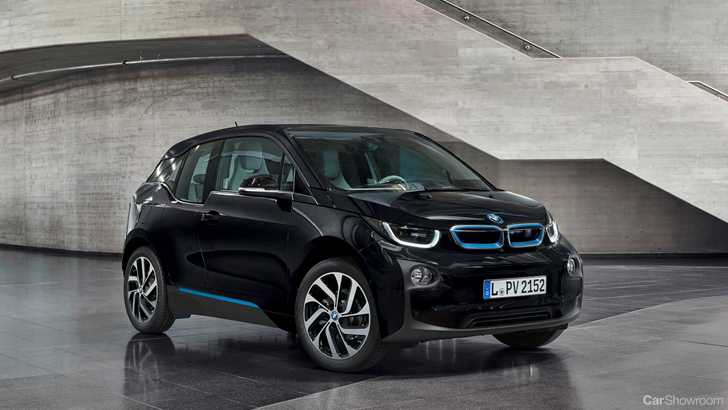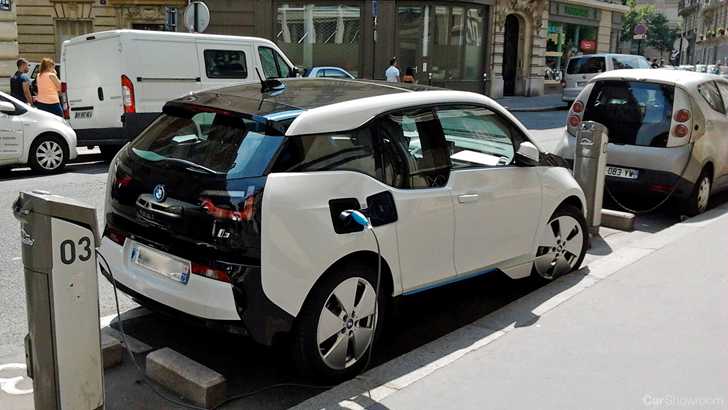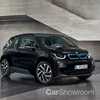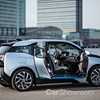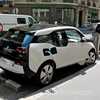Electric vehicles (EV) are, largely, taking the world by storm. Nissan claims to be the largest EV manufacturer in the world, while Tesla feels it doesn’t have to shout about its successes (especially with over 100,000 bookings for the soon-to-be-launched Model 3). BMW’s effort to breach the market came in the form of the i3, a pseudo MPV-hatch affair that offered plenty of flair with the German marque’s typically fun driving experience.
Although the i3 was lauded by industry critics and journalists alike, those praises never really translated into numbers, with the i3 only racking up about 60,000 units globally, opposed to the sales of the Tesla Model S which managed to achieve almost 50,000 more over the same period. This is made even more sour for BMW as the Tesla competes in a different, and more premium segment entirely. Last August, BMW introduced an upgraded i3 with denser batteries, improving EV range by 40kms on a single charge, but it didn’t seem to make much effect to consumers.
The project manager for BMW’s ‘i’ sub-brand, Heinrich Schwackhoefer, said that he believes the EV products from BMW i will survive to a second generation, despite the disappointing sales figures. “The ‘i’ sub-brand is stable, and you can count on a successor to the i3. But I cannot say when that will be. It’s not the sentiment within the company that it’s been a failure, not at all,” Schwackhoefer said to journal Automotive News.
The report quoting Schwackhoefer is in stark contrast to a report from the same journal that came out in September, that suggested the lacklustre sales will see BMW reevaluate its commitment to electrically-driven vehicles, as the EV arm incurred substantial development expenses.
For more information on BMW, check out our Showroom.
